6 x 6M ISO 6 Modular Cleanroom
Reference Price:US$10000-20000



Cleanroom
6 x 6M ISO 6 Modular Cleanroom
Choose your installation & validation options below
Quantity:
Choose your Cleanroom frame structure material
Quantity:
Choose your Cleanroom Wall enclosure materials
Quantity:
Choose your Temperature requirements
Quantity:
Choose your humidity requirements
Quantity:
Choose your Explosion-proof requirements
Quantity:
Summary
6 x 6M ISO 6 Modular Cleanroom
Validation
Installation & Validation
Find Similar Products
-

5 x 15M ISO 6 Modular Cleanroom
US$18000-56000 USD/Set
Min. Order:1 Set -

6 x 10M ISO 6 Modular Cleanroom
US$18000-56000 USD/Set
Min. Order:1 Set -

6 x 8M ISO 6 Modular Cleanroom
US$18000-56000 USD/Set
Min. Order:1 Set -

6 x 6M ISO 6 Modular Cleanroom
US$18000-56000 USD/Set
Min. Order:1 Set -

5 x 10M ISO 6 Modular Cleanroom
US$18000-56000 USD/Set
Min. Order:1 Set -

5 x 8M ISO 6 Modular Cleanroom
US$18000-56000 USD/Set
Min. Order:1 Set
Cleanrooms Detail
A 3 x 3 meter ISO Class 6 modular cleanroom is a controlled environment designed to meet the stringent air cleanliness requirements of ISO 14644-1 standards. It’s a compact, customizable solution for industries that require a high level of contamination control, such as pharmaceuticals, biotechnology, electronics, or precision manufacturing. Let’s break down what this means and why it’s useful.

| Cleanroom Project Scope(from structure, HVAC,electric to autoc ontrol) | 1. Cleanroom Structure: Wall Panel, Ceiling Panel, Windows, Doors, Fttings, Flooring |
| 2. HVAC: AHU, Chiller, dehumidifier, Ducting, Piping, etc. | |
| 3. Electric: Lighting, Switch, Cables, Wires, Power Distribution Cabinet, etc | |
| 4. Auto- control: PLC Controller, Sensors for Humidity and Temperature, Control Panel | |
| 5. Process Piping System: Gas, Water Pipeline | |
| Equipment | Air shower, Cargo shower, Mist shower, Dynamic pass box, Static pass box, Sampling booth,Weighing booth, Dispensing booth, |
| Medicine stability test chamber, isolator, VHP sterilizer,Biological safety chamber, FFU, LAF, etc. | |
| Temperature | 21-27*C (or as per required) |
| Humidity | 30-60°C (or as per required) |
| Application | Pharmaceutical factory, hospital, medical device factory, electronics factory, food factory,cosmetics factory, etc. |
| Qualification Documents | CE GMP ISO |
| Full Service | FAT and SAT Service, Professional Consultation, Training, 24 hours technical support |
Applications
A cleanroom of this size and classification is ideal for small-scale operations that require a controlled environment. Common uses include:
Pharmaceuticals: Sterile drug formulation or packaging.
Biotechnology: Cell culture or microbiological work.
Electronics: Assembly of sensitive components like microchips.
Medical Devices: Manufacturing or testing of sterile devices.
Research Labs: Small-scale experiments requiring contamination control.
Advantages of a Modular Cleanroom
Flexibility: Modular cleanrooms can be easily expanded, relocated, or reconfigured to meet changing needs.
Cost-Effective: Smaller size reduces construction and operational costs compared to larger cleanrooms.
Quick Installation: Prefabricated panels and components allow for faster setup compared to traditional cleanrooms.
Compliance: Designed to meet ISO 14644-1 standards, ensuring regulatory compliance for industries like pharmaceuticals and electronics.





Cleanrooms Airflow
When designing the airflow system for an ISO 6 modular cleanroom, several factors must be considered:

Air Changes Per Hour (ACH):
ISO Class 6 cleanrooms typically require 70-160 air changes per hour to maintain cleanliness.
The exact number depends on the cleanroom’s size, usage, and contamination sources.
Cleanrooms Installation
Cleanrooms Testing
Importance of testing
Clean room testing is extremely important to ensure product quality and the stability of the production environment. It can help to confirm whether the clean room meets the intended cleanliness requirements, and whether the various environmental indicators comply with the specified standards.

Testing Standards
ISO 6 Modular Cleanroom Testing Standards are guided by ISO 14644-1 and related protocols to ensure compliance and performance. Key standards include:
Particle Count Testing: Verifies airborne particle levels (≤35,200 particles ≥0.5 µm/m³).
Airflow Velocity Testing: Ensures proper airflow speed and uniformity.
Filter Integrity Testing: Detects HEPA/ULPA filter leaks using DOP/PAO aerosols.
Pressure Differential Testing: Maintains positive pressure to prevent contamination.
Air Changes Per Hour (ACH): Confirms sufficient air replacement (70-160 ACH).
Recovery Testing: Measures contamination recovery time.
Environmental Monitoring: Tracks temperature, humidity, lighting, and noise levels.
These standards ensure the cleanroom meets ISO Class 6 requirements for controlled environments.
FAQ
What is the cost-benefit analysis of modular cleanrooms?
The cost-benefit analysis of modular cleanrooms includes initial investment, operational costs, and efficiency gains. Benefits often outweigh costs due to flexibility and scalability. Long-term savings in maintenance and energy can enhance ROI.
What is the cost of building a modular cleanroom?
Building a modular cleanroom can range from $100 to $500 per square foot, depending on specifications. Costs vary based on materials, design complexity, and compliance requirements. Additional expenses may include equipment and installation.
How does the mobility of modular cleanrooms affect their design?
Mobility allows modular cleanrooms to be easily relocated, which impacts design considerations. They must incorporate lightweight materials and compact systems. This flexibility can enhance operational efficiency and adaptability to changing requirements.
How is the cleanliness level tested in ISO 6 cleanrooms?
Cleanliness in ISO 6 cleanrooms is tested using particle counters. These devices measure airborne particles in specified volume samples. Regular monitoring ensures compliance with cleanliness standards, maintaining optimal operational conditions.
What is the impact of modular cleanroom design on operational efficiency?
Modular cleanroom design significantly enhances operational efficiency through adaptability and rapid setup. Its flexibility allows for quick modifications in layout and functions. Streamlined workflows and reduced downtime contribute to overall productivity improvements.
What are the latest technologies in cleanroom design?
- Advanced HVAC systems
- Smart monitoring sensors
- Automated cleaning robots
- Contamination control technologies
- Energy-efficient materials
These innovations enhance cleanliness and operational efficiency in cleanroom environments.
What are the challenges of maintaining ISO 6 cleanliness?
Maintaining ISO 6 cleanliness poses several challenges, including:
- Regular monitoring of air quality
- Controlling human traffic
- Preventing contamination from materials
- Implementing strict cleaning protocols
Consistent training and adherence to standards are crucial for success.
What technologies are used for cleanroom monitoring?
Common technologies for cleanroom monitoring include:
- Particle counters
- Temperature and humidity sensors
- Airflow monitors
- Pressure differential gauges
- Real-time data logging systems
These technologies help maintain compliance and ensure optimal conditions.
How to handle waste in a modular cleanroom?
Waste handling in modular cleanrooms involves designated waste disposal areas, proper segregation, and adherence to regulations. Utilizing sealed containers and regular waste removal schedules minimizes contamination risks. Training staff on protocols is essential for compliance.
What is the difference between ISO 6 and ISO 7 cleanrooms?
ISO 6 cleanrooms have stricter airborne particulate limits than ISO 7. For example, ISO 6 allows a maximum of 1,000 particles per cubic meter, while ISO 7 allows 10,000. This difference affects design, operational standards, and suitable applications.
How to manage supply chain logistics for cleanroom materials?
Effective supply chain logistics management involves:
- Establishing reliable supplier relationships
- Forecasting demand accurately
- Implementing inventory tracking systems
- Ensuring compliance with cleanroom standards
- Coordinating timely deliveries to minimize disruptions
These practices help maintain operational efficiency and cleanliness.
What criteria should be used to select modular cleanroom suppliers?
Key criteria for selecting modular cleanroom suppliers include:
- Industry experience and reputation
- Quality of materials and systems
- Compliance with cleanroom standards
- Customization options available
- After-sales support and service
Evaluating these factors ensures a suitable partnership.
What is the installation timeline for a modular cleanroom?
The installation timeline for a modular cleanroom typically ranges from 4 to 12 weeks. Factors influencing this timeline include design complexity, site preparation, and equipment availability. Proper planning can expedite the process.
How to select appropriate cleanroom furniture?
Selecting cleanroom furniture involves considering:
- Material compatibility with cleanroom standards
- Ease of cleaning and maintenance
- Ergonomics and functionality
- Layout requirements and space efficiency
- Durability under operational conditions
These factors ensure optimal performance and compliance.
What equipment is used in ISO 6 cleanrooms?
Common equipment used in ISO 6 cleanrooms includes:
- HEPA filters
- Laminar flow hoods
- Particle counters
- Cleanroom apparel
- Autoclaves and sterilizers
This equipment aids in maintaining cleanliness and operational standards.
What products are suitable for production in ISO 6 cleanrooms?
Suitable products for ISO 6 cleanrooms include:
- Pharmaceutical formulations
- Medical devices
- Biotechnological products
- Electronics components
- Aerospace components
These products require stringent cleanliness standards for optimal safety and performance.
How to monitor particle counts in an ISO 6 cleanroom?
Monitoring particle counts in an ISO 6 cleanroom involves using calibrated particle counters. These devices sample air to measure particulate levels, ensuring compliance with ISO standards. Regular monitoring schedules help maintain cleanliness and operational integrity.
What is the procurement process for modular cleanrooms?
The procurement process for modular cleanrooms typically includes:
- Defining project requirements and specifications
- Researching and selecting suppliers
- Requesting and evaluating proposals
- Negotiating contracts
- Finalizing orders and scheduling delivery
Following these steps ensures an effective procurement process.
How to conduct regular inspections of a modular cleanroom?
Regular inspections of a modular cleanroom should include:
- Checking air filtration systems and cleanliness levels
- Inspecting surfaces and equipment for contamination
- Verifying compliance with operational protocols
- Reviewing monitoring data for anomalies
- Documenting findings and corrective actions
These inspections are vital for maintaining ISO standards.
Factory Production Workshop Video
Factory Photo
Product Packaging And International Logistics
Product International Certification

Find Other Common Equipment Recommendations
-

Modular CleanRoom
US$9000-10000 USD/Unit
Min. Order:1 Set -

Air Shower
US$1000.00-5000.00 USD/Unit
Min. Order:1 Set -

Downflow Booth
US$3000-6000 USD/Unit
Min. Order:1 Set -

Clean bench
US$600-2000 USD/Unit
Min. Order:1 Set -

Air Filter
US$3-50 USD/Unit
Min. Order:1 Set -

Cleanroom Wall Panels
US$10-20 USD/sq.
Min. Order:1 Set -
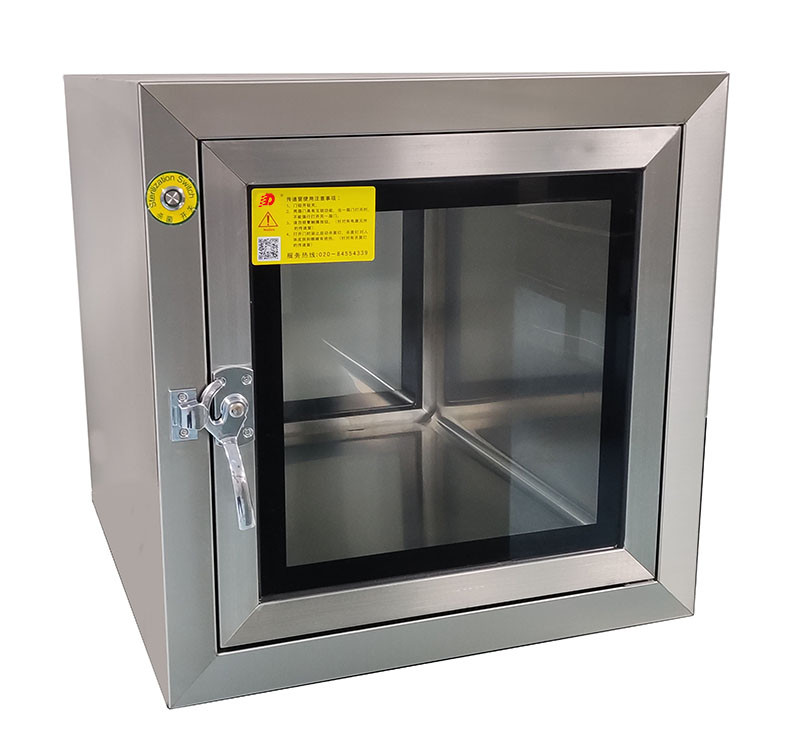
Pass Box
US$200-500 USD/Unit
Min. Order:1 Set -
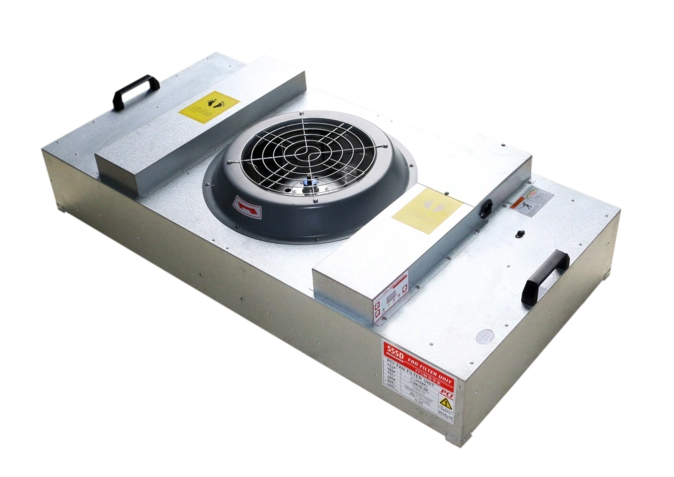
FFU
US$135-350 USD/Unit
Min. Order:1 Set -
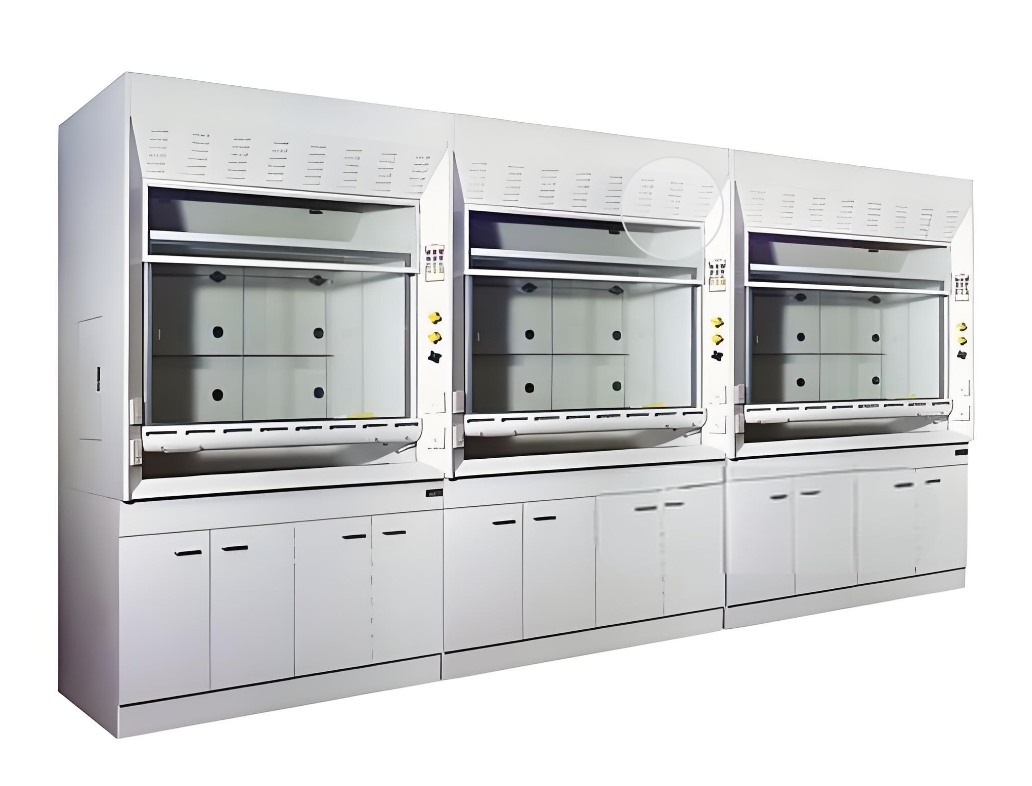
Fume Hood
US$700-1500 USD/Unit
Min. Order:1 Set -
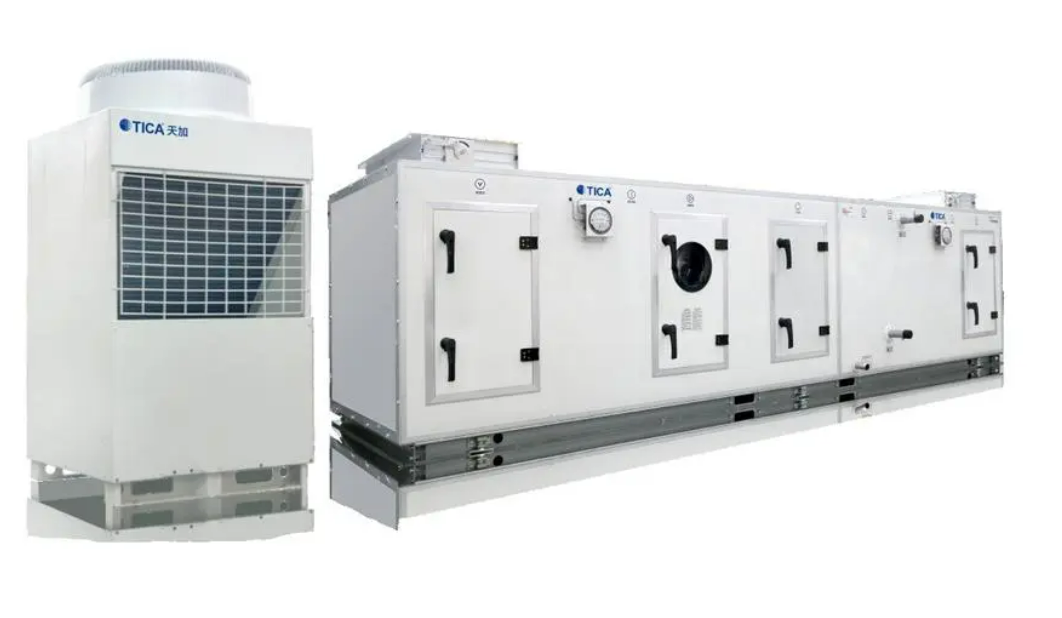
Cleanroom HVAC
US$5000-20000 USD/Unit
Min. Order:1 Set -
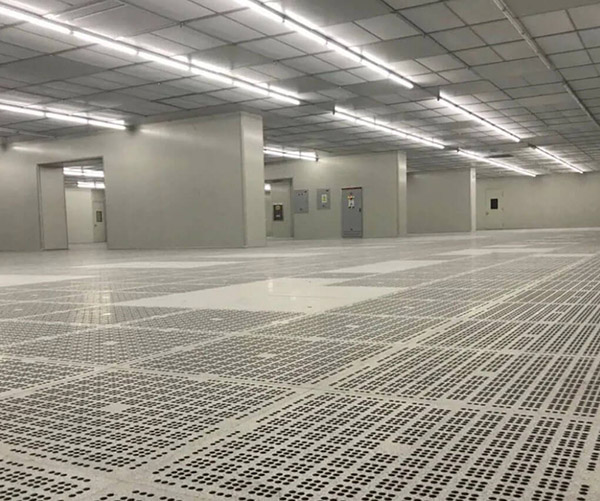
Clean room floor
US$5-20 USD/Sq.
Min. Order:1 Set -
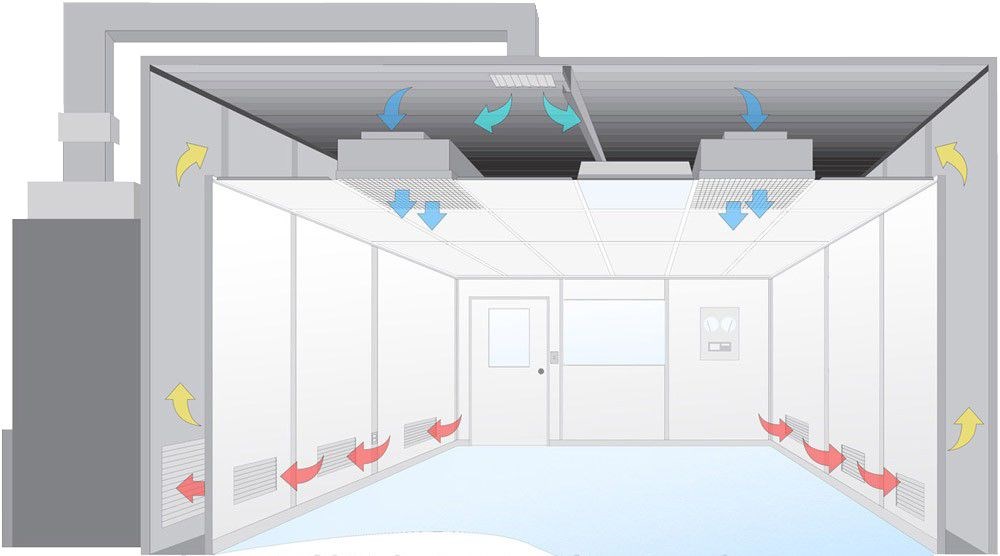
Clean room ceiling
US$
Min. Order:1 Set
 +86 18186671616
+86 18186671616 Jason@cleanroomequips.com
Jason@cleanroomequips.com
 MENU
MENU













